Product Description
A rare and exquisite piece, perfect for those who appreciate refined beauty.
The Hidden Beauty of Japan
In Japanese culture, there is a belief that true beauty lies in what is unseen. This aesthetic principle is known as “Uramasari”—the idea that elegance and refinement are often found in the hidden details.
During the Edo period (1603–1868), the Japanese shogunate issued laws restricting commoners from indulging in luxury, promoting a modest lifestyle. In response, the people found creative ways to enjoy fashion and express their sense of style.
While men’s kimonos often featured simple or plain designs, they incorporated lavish patterns and bold colors in the lining or inner layers—a way to enjoy a personal and unseen beauty that was meant only for the wearer. This aesthetic sensibility has been passed down to the present day, embodying refined elegance as a form of sophisticated adult fashion.
This one-of-a-kind vintage nagajuban also carries on that rich tradition.
The back features a hand-painted sumi-e (traditional Japanese ink painting), skillfully depicting a stunning landscape scene. The delicate brushwork and subtle gradation of ink-dyeing techniques beautifully express the serenity of nature, making this piece a wearable work of art.
Exceptional Quality & Year-Round Comfort
100% Vintage Silk – Incredibly smooth, lightweight, and luxuriously soft.
Ideal for All Seasons – Cool in summer, warm in winter.
Versatile Styling – Wear it as a light jacket over a T-shirt, as elegant loungewear, or layer it under a coat for added warmth and sophistication.
Experience the beauty found in every detail with this exceptional nagajuban, a masterpiece of Japanese traditional craftsmanship.
It can also be displayed on the included hanger as a piece of art.
Plus, its water-repellent finish makes it resistant to stains and easy to maintain.
How to Care for Your SAKURA KIMONO to Keep It Beautiful for a Long Time
01. After Wearing (Please carry out the follwoing steps 1 to 4 at least once a month)
1. Hang the kimono on a hanger.
2. Remove dust using a boar-bristle or cashmere brush. If unavailable, a velvet or velour cloth or an unused makeup puff can be used.
3. Focus on checking for stains and dirt, especially on easily soiled areas like the collar, body, and hem. Look for sweat stains and food marks, and take action as soon as you notice them.
4. Air-dry in the shade for 1-2 hours (no more than overnight) to prevent mold and wrinkles. To avoid deformation, limit the drying time to no more than overnight.
If you perspire, Spray water on the sweaty areas (such as the collar, underarms, back, and behind the knees) using a mist spray. Let it sit for a while to bring out any invisible sweat stains. Then, gently pat the area with a dry towel to absorb the moisture—avoid rubbing. Once it has dried, your daily care is complete.
02. When You Find a Stain (Care methods vary depending on the stain type.)
For water-based stains (soy sauce, juice, alcohol):
1. Use a dry towel to blot the stain—do not rub.
2. Sprinkle water to lift the dirt.Gently swirl the water to help it blend with the stain.※ Avoid rubbing the fabric while it’s wet, as this may cause abrasion.
3. Blot the moisture again, repeating steps 2-3 as needed.
4. Allow the fabric to fully dry after treatment.
03. What to do when it gets generally dirty?
For overall dirt accumulation, dry cleaning is recommended. However, frequent dry cleaning may reduce the water-repellent effectiveness, so regular at-home care is advised.
Precautions for Stubborn Stains: Even with a water-repellent finish, certain stains may still set into the fabric.Be especially cautious with: Dark, high-temperature foods(Hot coffee, wine, curry) and Chemical-based pigments(Ink, markers, calligraphy ink, some cosmetics, lipstick)
These substances can deeply penetrate the fabric, making them difficult to remove even with water resistance.
Prevent Mold with Regular Shaded Drying: Even with water-repellent treatment, SAKURA KIMONO may develop mold, yellowing, or shrinkage depending on how it is worn and stored. In particularly humid homes, we recommend airing it out in the shade 2 to 3 times a year to allow airflow. This helps remove moisture and extend the lifespan of your kimono.

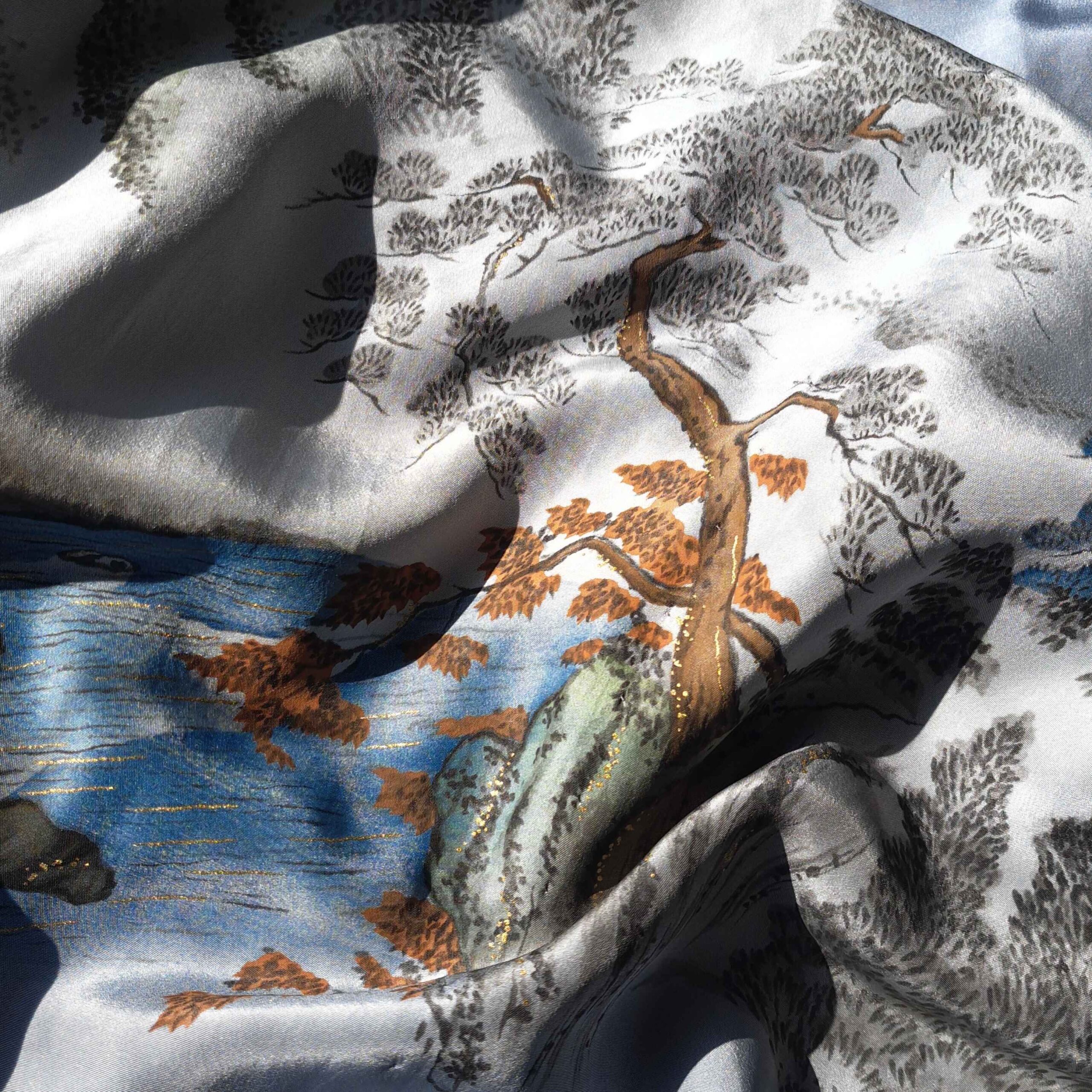
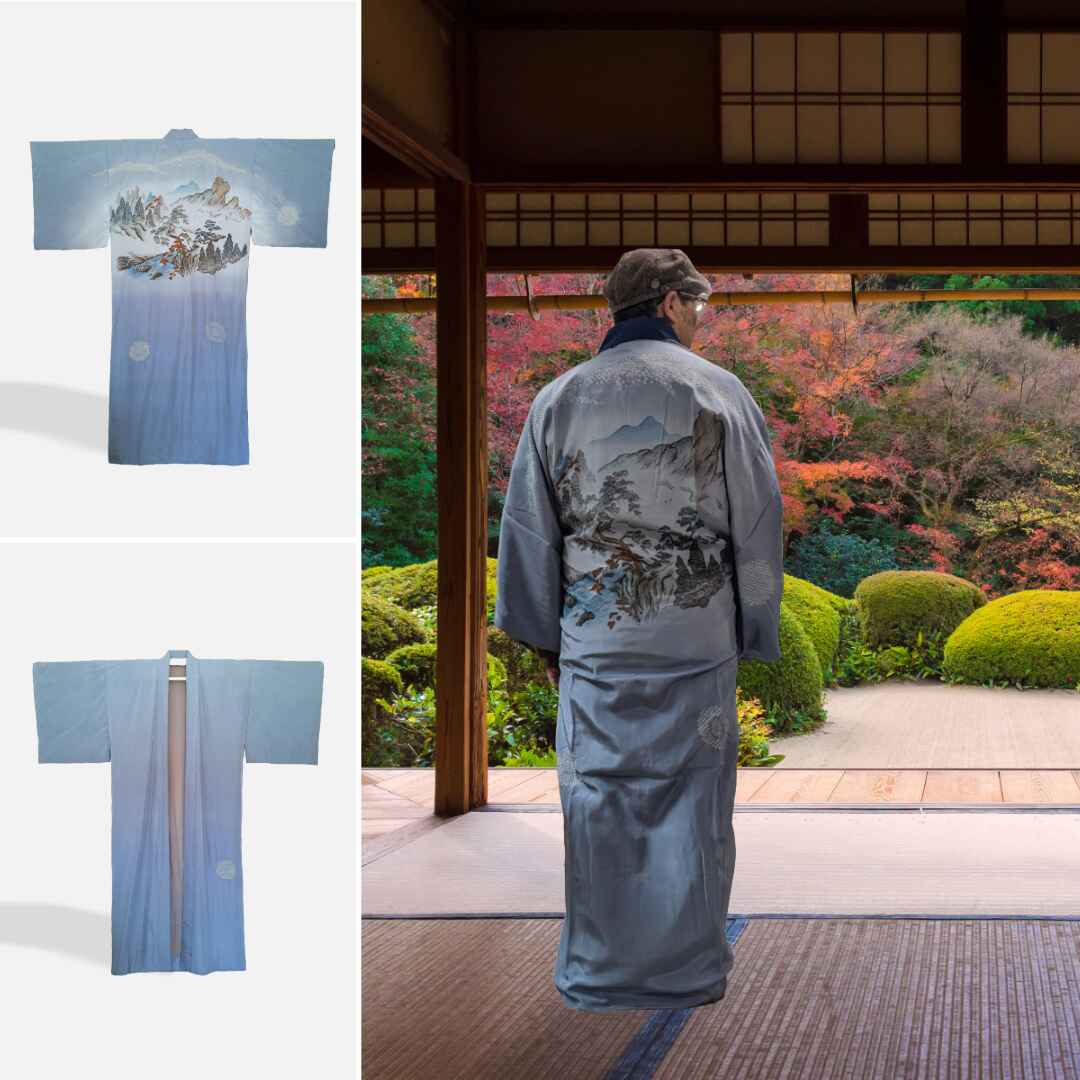
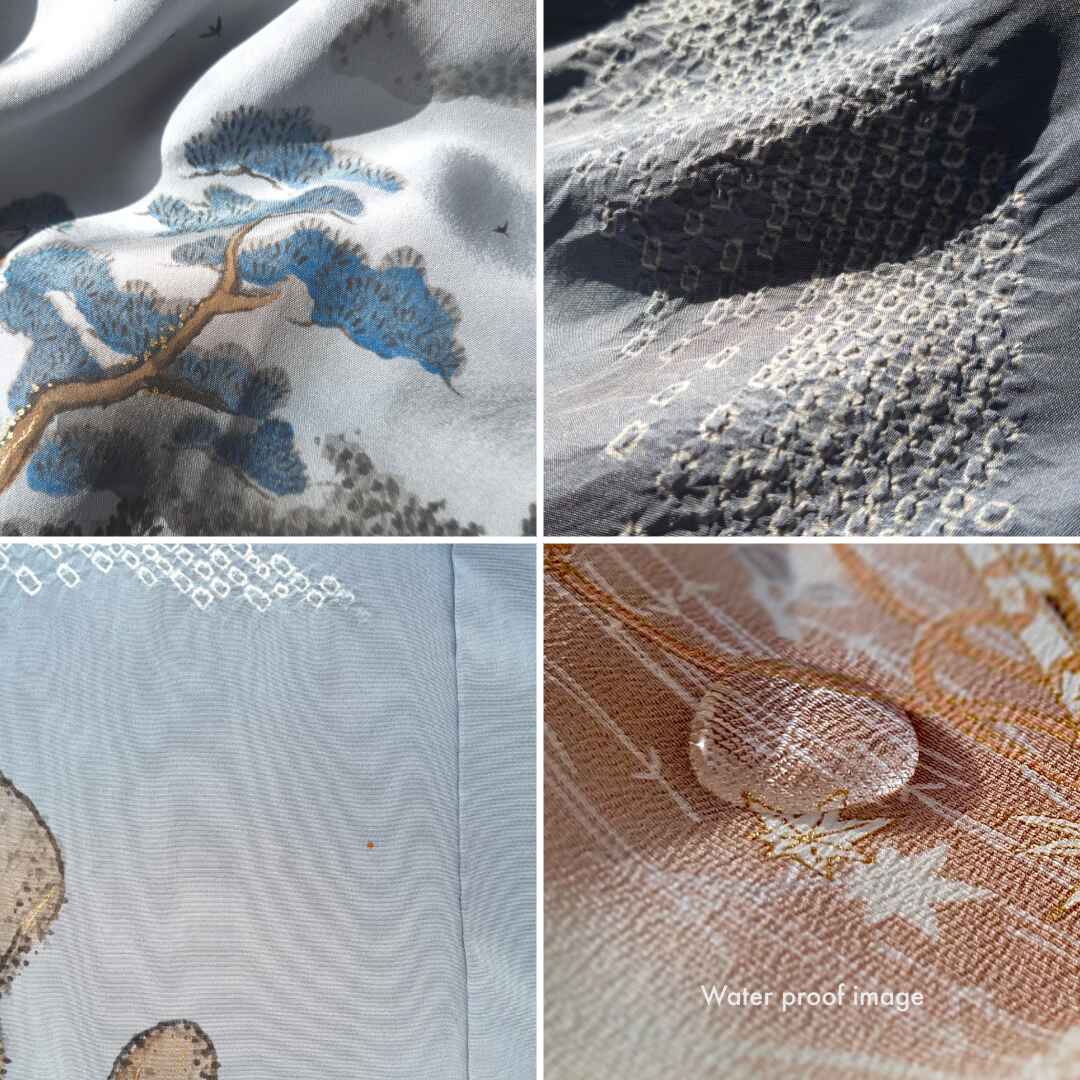

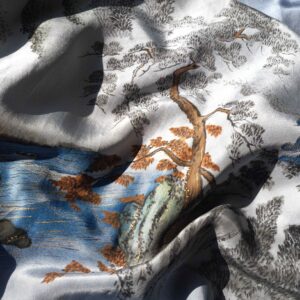
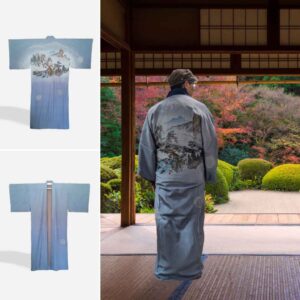
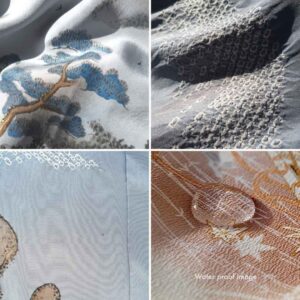


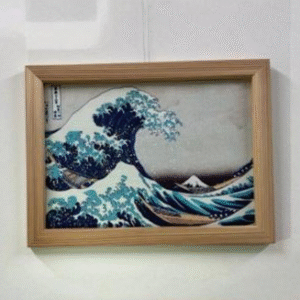
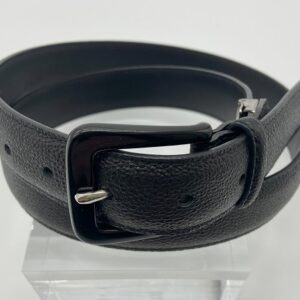
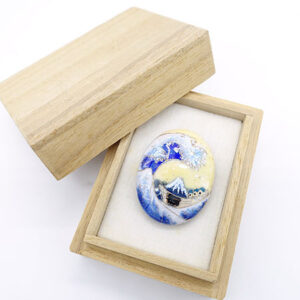
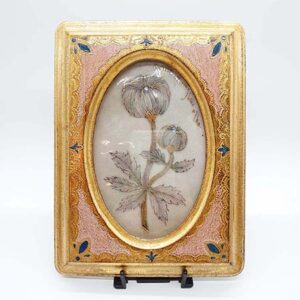
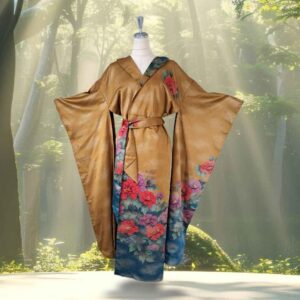
Reviews
There are no reviews yet.